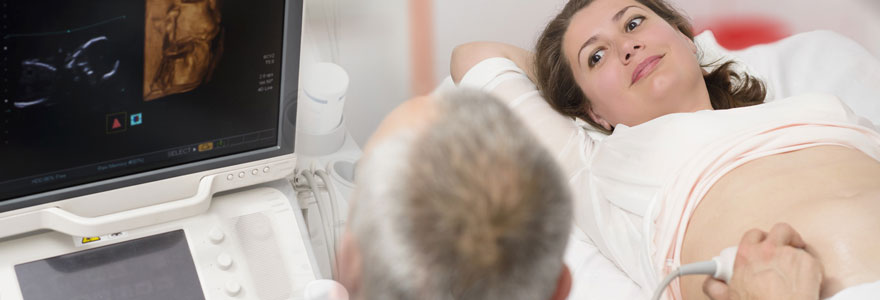Follicular Study

Follicular study, also known as follicle tracking or ovarian monitoring, is a medical procedure used to monitor the growth and development of ovarian follicles in a woman's ovaries. This process is often employed in fertility treatments to determine the optimal timing for various assisted reproductive techniques, such as timed intercourse or in vitro fertilization (IVF).
Uses of Follicular Study:
- Optimizing Natural Conception: Follicular study helps identify the most fertile days in the menstrual cycle, increasing the chances of natural conception.
- IUI (Intrauterine Insemination): In IUI cycles, the timing of the insemination procedure is coordinated with the expected time of ovulation based on the follicular study.
- IVF (In Vitro Fertilization): In IVF cycles, the follicular study guides the timing of egg retrieval to collect mature eggs for fertilization.
Procedure of Follicular Study:
- Baseline Ultrasound:
Before starting any fertility treatment cycle, a baseline ultrasound is usually conducted to assess the status of the ovaries, uterus, and any existing ovarian cysts or abnormalities.
- Start of Menstrual Cycle:
The follicular study typically begins on the second or third day of the menstrual cycle.
- Ultrasound Monitoring:
Regular transvaginal ultrasound scans are performed at specific intervals throughout the menstrual cycle to track the growth and development of ovarian follicles. The ultrasound helps visualize the number and size of the follicles in the ovaries.
- Hormonal Blood Tests:
Blood tests may be conducted concurrently to measure hormone levels, including follicle-stimulating hormone (FSH), luteinizing hormone (LH), and estradiol. Hormone levels provide additional information about the ovarian response to stimulation.
- Trigger Injection:
When the dominant follicle reaches a sufficient size, a trigger injection (hCG - human chorionic gonadotropin) may be administered to induce the final maturation of the eggs within the follicles.
- Luteal Phase Monitoring:
After ovulation, the luteal phase is monitored to assess the development of the corpus luteum and the production of progesterone.
